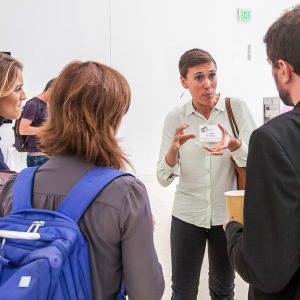RCLD Outreach Training
Section 2: Get started
Solutions
Bringing a voice for accessibility
As a CIL staff member, you are likely thinking about accessibility on a regular basis. Below are a few initial tips on accessibility and meeting people where they are. It can be helpful to think about what this really means to you and your organization.
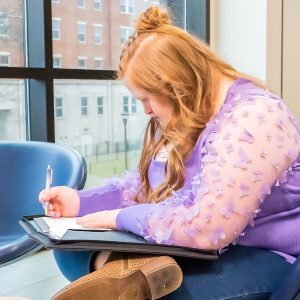
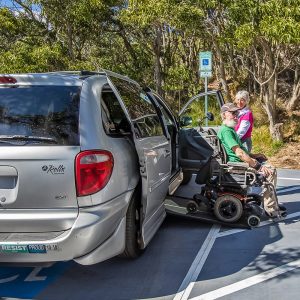
Physical needs
Remember to think about accessible spaces, above and beyond structural. For example, some people will need a meeting space with less sensory stimuli or space to be able to move around during the meeting. This could mean meeting individuals at the laundromat, at bars, at church events, or other non-traditional meeting places. Finding a meeting space can be a compromise, and it might be helpful to meet consumers where they are comfortable.
Psychiatric, mental, and emotional needs
It is important to understand the stigma that can be associated with having a disability. It is also crucial to know that in the past, consumers might have trusted a center to help them, and they might have had their services fall through the cracks, breaking that trust. This could be a reason consumers do not reach out for help.
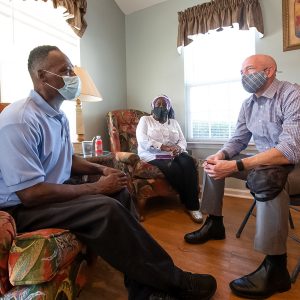
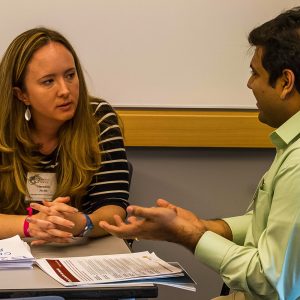
Come in without an agenda
What does it mean to come in without an agenda? The focus of coming in without an agenda is taking a back seat to focus on listening. This might mean finding an event that consumers are attending and showing up without brochures, pamphlets, or a sales pitch for your center. Instead, it is important to listen to the concerns that are being voiced. It might be a good idea to carry a few business cards in case a conversation strikes organically, and an individual is interested in connecting with you.
How do you do this when you do come with an agenda? In this case, it might be helpful to attend an event with a consumer who trusts you and the work you have done. You won’t be making the introductions, but can allow the consumer to connect you with those they think could benefit from your services.
The right person
Who is the right person to attend these events? It might be someone who has experience with the population you are meeting. Having someone involved from the same culture, geographic location, or experience dealing with the disability as those you are attempting to meet can be a great way to build trust and connection. Other times, it could be someone who has taken the time to grow in their cultural humility.
